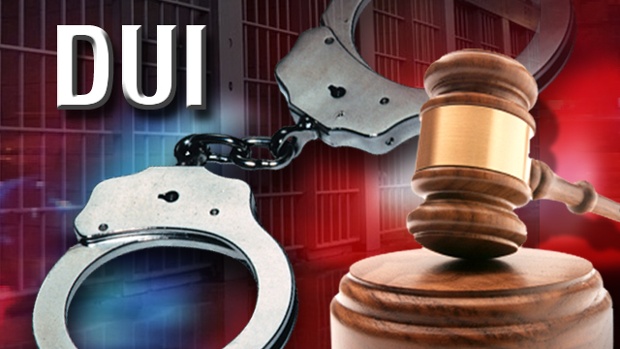
Most people don't realize how important their actions immediately after a DUI arrest can be for their future. It's not just about facing the charges; it's about protecting your rights and traversing a complex legal landscape. Staying calm and strategic is essential, but knowing what steps to take next can make all the difference in your case. Let's explore the critical actions you need to take to safeguard your interests and guarantee a more favorable outcome.
After a DUI arrest, it's important to act swiftly and strategically to protect your rights and future. The first step is to remain calm and cooperative with law enforcement. While it's important to comply, remember that you also have the constitutional right to remain silent. Invoke this right. You don't have to answer questions without legal counsel present, and understanding your Miranda rights is significant. Make sure you comply with necessary chemical tests, like breath or blood tests, as refusing can lead to additional penalties that complicate your situation. Additionally, navigating traffic laws can be complex, making legal representation crucial.
Document everything about your arrest. As soon as you're able, jot down details about the time, location, and circumstances surrounding your stop. Pay attention to the officer's behavior and any field sobriety tests that were administered. Collecting witness statements and their contact information can be invaluable. If there's any surveillance footage or police bodycam recordings, those can serve as important evidence in your defense. This meticulous documentation will bolster your case and provide a clearer picture of the events that transpired.
Thoroughly document your arrest details, including officer behavior and witness information, to strengthen your defense.
Next, reach out to a qualified DUI attorney immediately. Steering through the legal complexities post-arrest requires an expert guide. An experienced attorney can help you respond appropriately to law enforcement and prosecutors, ensuring your rights are protected. They can identify procedural errors or rights violations that might work in your favor, and they'll help you understand the severity and potential consequences of the charges you face.
In Florida, you have a mere 10 days from your arrest to apply for a hardship license. This temporary license is important as it allows you to drive for business-related purposes. However, to obtain it, you must enroll in DUI school. Be aware that previous DUI convictions might disqualify you from eligibility for a hardship license, so act promptly and strategically. You can also schedule administrative hearings to contest your license suspension, which may provide an opportunity to mitigate the impacts of your arrest.
When you reach the arraignment stage, it's your first formal court appearance where the charges are announced. At this point, you'll need to enter a plea—guilty, not guilty, or no contest. Speaking with your attorney beforehand is paramount; they'll likely advise you to plead not guilty initially to buy time for case preparation. Make sure you comply with any conditions set by the court; failing to do so can lead to additional penalties.
Consider mitigation strategies and programs. Completing DUI school shows proactive behavior, which can aid in negotiations with the prosecution. Participating in substance abuse programs may be mandated by the court but can also serve as a mitigating factor during sentencing. Document and present all participation in these programs, as they could influence the prosecution's willingness to offer favorable plea deals.
Finally, when evaluating plea bargains, weigh the pros and cons carefully. While they can lead to quicker resolutions, they involve admitting guilt. An attorney will help you assess whether to accept a plea deal or prepare for trial, knowing that sentencing could include fines, probation, community service, or even imprisonment. Taking strategic and informed steps post-arrest is your best defense, as hiring a private DUI defense attorney can significantly improve your chances of a favorable outcome.
Conclusion
After a DUI arrest, you stand at a crossroads: panic or preparation. By staying calm and gathering evidence, you empower yourself against potential legal consequences. While the temptation to remain silent may feel overwhelming, it's your shield in a complex battle. Don't underestimate the importance of securing a skilled DUI attorney; their expertise can turn a challenging situation into a manageable one. Make the strategic choice to protect your rights and navigate this challenge with confidence.
